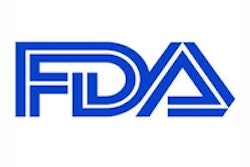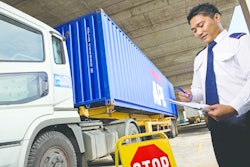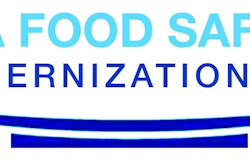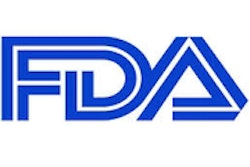
Most companies in the food industry have or are considering programs and systems to meet upcoming Food Safety Modernization Act (FSMA) regulations, although many do not have confidence that those programs and systems will actually meet requirements, according to a survey by The Acheson Group, a consulting firm, and SafetyChain Software, a provider of food safety and quality management solutions.
The survey indicated that: 1) more information is needed on how to meet FSMA requirements, 2) companies need to understand how programs and systems meet FSMA requirements, 3) companies need to know what resources are available to meet FSMA, and 4) upper management needs to be more involved in the compliance process.
The FSMA Readiness and Compliance Strategy Survey Report, sponsored by SafetyChain Software and the Acheson Group, can be accessed at http://tinyurl.com/fsmareport.
Editor's Insight: One of the most alarming findings in this report is that 44 percent of the respondents were unsure if they were going to have to hire more staff to manage FSMA requirements. Most companies impacted by FSMA still have several months to comply with enforcement for most of its provisions.
The majority of survey respondents (66 percent) have or are conducting a gap analysis to determine how their current food safety plans meet the FSMA requirements.
Food logistics service providers are mostly impacted by the FSMA’s Sanitary Transportation of Human and Animal Food rule, which the FDA finalized in April. The earliest compliance dates for some firms begins one year after the rule’s publication in the Federal Register.
Some of the biggest logistics challenges include establishing sanitary practices to ensure food safety, including maintaining temperatures necessary for safe transport.
Companies that outsource their transportation are trying to determine that the companies they hire are in compliance. 6-6-16 By Elliot Maras

















